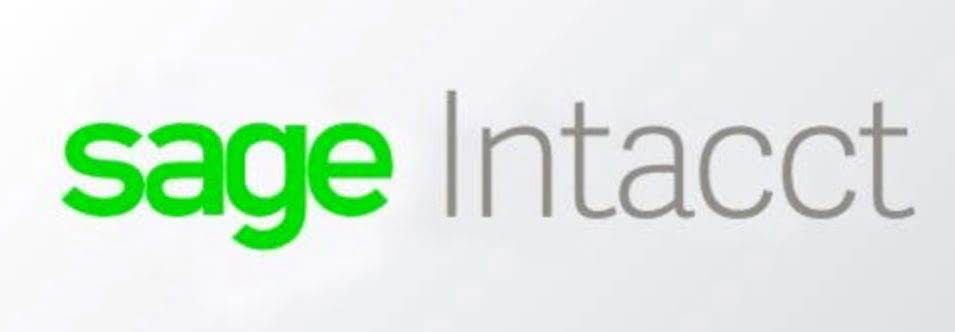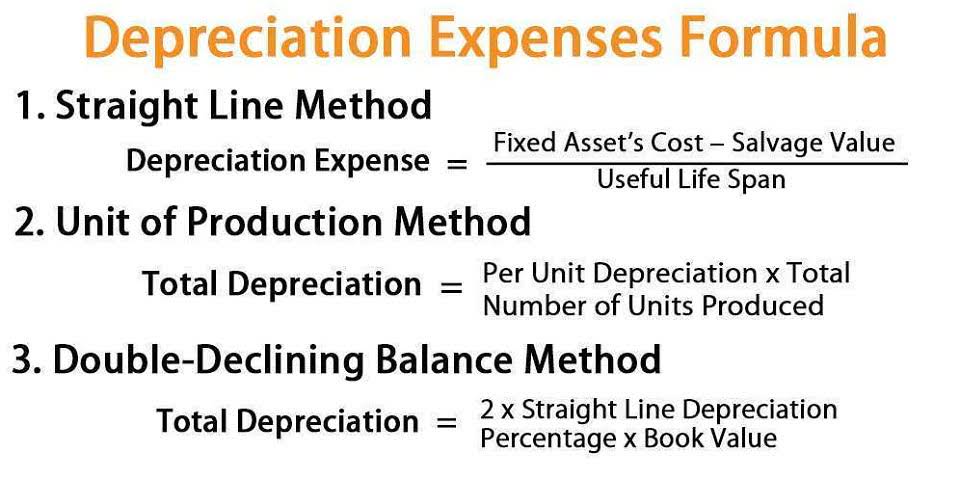What is Bookkeeping? Business Owner’s Guide

This is the first course in a series of four that will give you the skills needed to start your career in bookkeeping. If you have a passion for helping clients solve problems, this course is for you. In this course, you will be introduced to the role of a bookkeeper and learn what bookkeeping professionals do every day. You will dive into the accounting concepts and terms that will provide the foundation for the next three courses. You will learn how to work your way through the accounting cycle and be able to read and produce key financial statements.
Accounting Services
Startup your bookkeeping records and processes the right way with confidence. Balancing your books allows you to catch any errors or mistakes in your bookkeeping. Tracking your expenses is an essential part of managing your finances.
Set up budgets
Joyeuse by an honest fellow of his acquaintance, old Passajon, to take lessons in bookkeeping San Francisco. Titles like Gloomhaven have complex characters that require a lot of bookkeeping. An enrolled agent (EA) is a tax professional authorized by the United States government.

Accounts receivable
- And reconciliations happen almost in real time through daily bank feed maintenance, making the end-of-month closing process a snap.
- Without any hiccups or last-minute scrambles, you’ll be able to enter tax season confidently.
- When first starting out, market yourself as a professional who is well-versed in managing accounts, reconciling transactions, providing financial overviews and balancing budgets.
- The value of inventory can significantly impact a company’s financial statements, so accurate tracking and management is vital.
- As an accountant, you must pay attention to figures and financial details, but it is more essential to possess sharp logic skills and big-picture problem-solving abilities.
- Double entry where the same amount is literally entered twice to ‘balance the books’ – a term you may have heard before.
Bookkeeping is the practice of recording and tracking the financial transactions of a business. Bookkeepers regularly summarize this activity into reports that show how the business is doing. They may also perform wider tasks such as invoicing, paying bills, preparing tax returns, monitoring key performance indicators, and providing strategic advice. The income statement is developed by using revenue from sales and other sources, expenses, and costs. In bookkeeping, you have to record each financial transaction in the accounting journal that falls into one of these three categories.


Archives have been discovered, showing the recording of accounts from farm produce in ancient Greece as well as from the Roman Empire. If you’re unfamiliar with local and federal tax codes, doing your own bookkeeping may prove challenging. On the other hand, if you have in-depth tax and finance knowledge beyond the bookkeeping basics, you may be able to get the job done. The chart of accounts may change over time as the business grows and changes. It’s a skill used in large and small companies, and bookkeepers are needed in almost every business and industry.
- The distinctions between accounting and bookkeeping are subtle yet essential.
- However, your bookkeeper can generate internal management reports for your business.
- Financial transactions are business activities that involve money, such as sales, expenses, and payments.
- If you’re looking to convert from manual bookkeeping to digital, consider a staggered approach.
- Bookkeeping is the ongoing recording and organization of the daily financial transactions of a business and is part of a business’s overall accounting processes.
- This content is for information purposes only and should not be considered legal, accounting, or tax advice, or a substitute for obtaining such advice specific to your business.
- Larger businesses adopt more sophisticated software to keep track of their accounting journals.
- The bookkeeper brings the books to the trial balance stage, from which an accountant may prepare financial reports for the organisation, such as the income statement and balance sheet.
- In the accounting software, the primary journal entry for total payroll is a debit to the compensation account and credits cash.
- TSheets is another great choice for businesses that work with employees and need to track their time.
- The two careers are similar, and accountants and bookkeepers often work side by side.
- Single Entry where figures are entered once – this is the cash book – great for starting up small and for easing you in to the next method.
A free online bookkeeping course
- With well-managed bookkeeping, your business can closely monitor its financial capabilities and journey toward heightened profits, breakthrough growth, and deserved success.
- Bookkeeping focuses on recording and organizing financial data, including tasks such as invoicing, billing, payroll and reconciling transactions.
- An enrolled agent (EA) is a tax professional authorized by the United States government.
- There are opportunities for forensic accountants in many industries, like nonprofit work, government and law-enforcement agencies, law firms, and large corporations.
- Then categorize your expenses into different categories, start estimating your expected revenue for the upcoming period, and allocate your expenses accordingly.
- Business owners who don’t want the burden of data entry can hire an online bookkeeping service.
- At the end of every pay period, the bookkeeper will accumulate employee payroll details that include hours worked and rates.
You’re our first priority.Every time.
